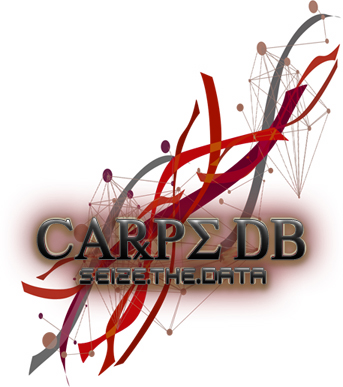
The knockout mouse for the beta3 subunit of the GABA(A) receptor exhibits spontaneous epilepsy and hyperactivity, and has been proposed as a model for the severe developmental disorder, Angelman's syndrome, which is known to be of genetic origin. We have used this mutant to test an approach of therapeutic intervention prior to seizure onset by daily injection with diazepam during either the first or second postnatal week. Results showed differences between postnatal week 1 and week 2 injections both acutely, with respect to sedative effects, and in long-term outcome, with respect to EEG and behavioral tests measured at 12-14 weeks of age. The EEG of control mice remained unaffected under all conditions, but the EEG of beta3 (-/-) injected with diazepam in week 1 was worsened, showing increased oscillatory activity at 5-6Hz, and more myoclonic jerks, particularly among males. For beta3 (-/-) injected with diazepam in week 2, the EEG was normalized in half the mice but worsened similarly to week 1 in the other half. Neonatal diazepam injection had a long-term normalizing effect on behavior of beta3 (-/-) mice injected in week 1, but diazepam treatment in week 2 did not affect the hyperactive and circling behavior characteristic of the beta3 knockout mouse. Diazepam treatment in postnatal week 2 significantly decreased anxiety in the adult beta3 group. Diazepam treatment in both postnatal weeks 1 and 2 improved the motor coordination of beta3 (-/-) on the rotarod, although performance of control mice injected with diazepam in postnatal week 2 was significantly impaired. The observed long-term outcome of neonatal diazepam injections may result from interference with developmental processes, and shows that enhancing GABAergic activity with diazepam during the period where GABA can be excitatory can produce narrow stage-related effects on brain development.
[Submit Annotation]